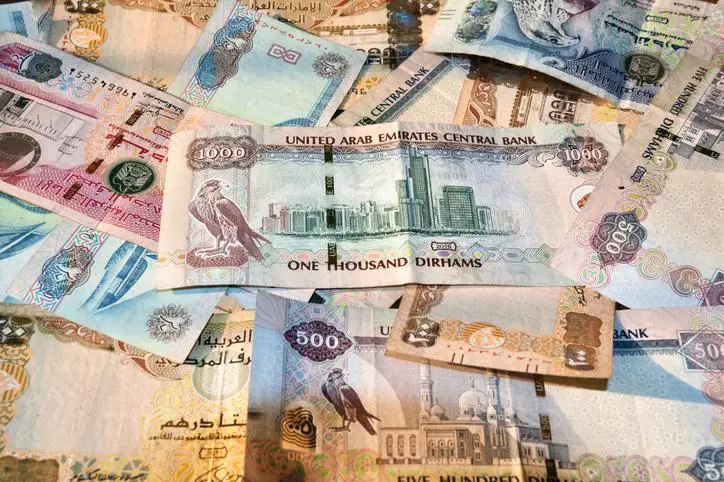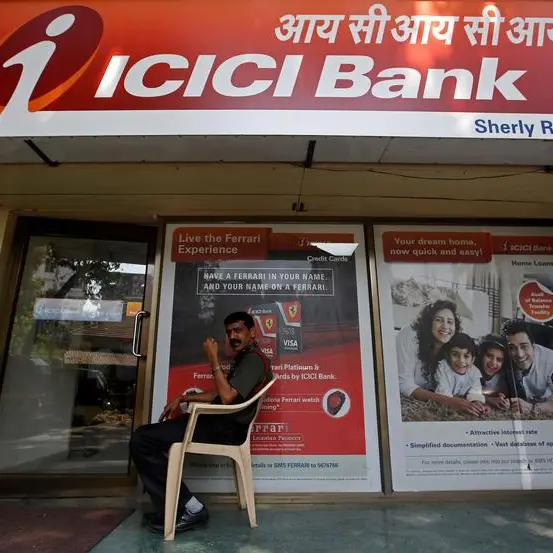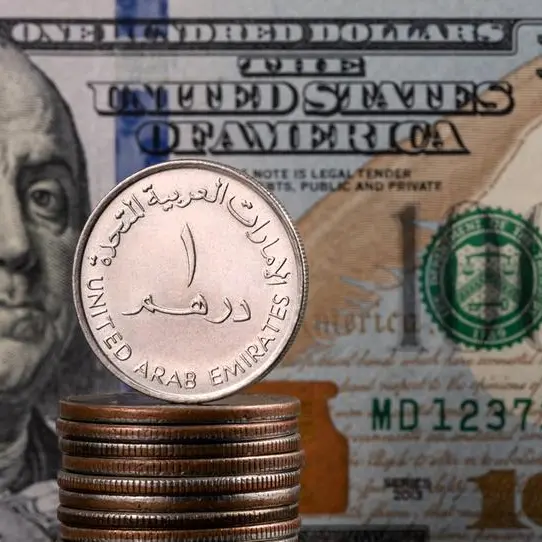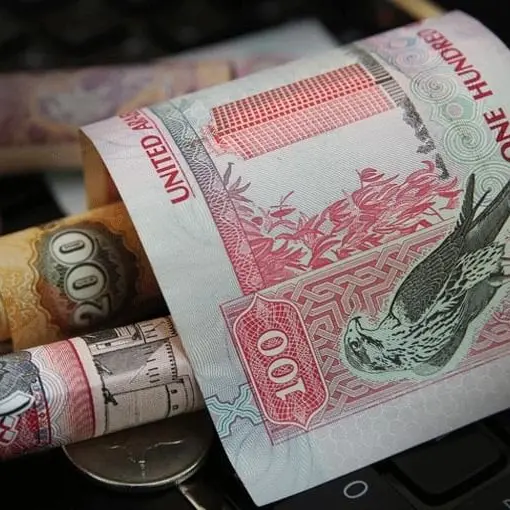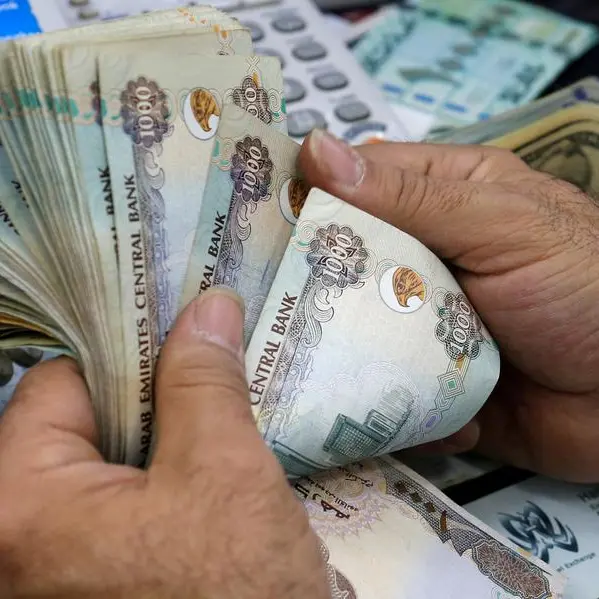PHOTO
The UAE debt capital market (DCM), which is the largest in the GCC, is expected to exceed $300 billion by 2030, according to Fitch Ratings.
Its rising maturity-- its outstanding size crossed $250 billion by end-H1 2023-- follows “issuers funding diversification goals, and government initiatives to develop the DCM, implement the Dirham Monetary Framework, and build the domestic yield curve”, the ratings agency said in a report on Thursday.
In 2022, the UAE government launched dirham-denominated treasury bonds to develop the nascent domestic debt market and as a way to diversify its funding base. In April this year, the government announced the launch of a dirham- denominated Islamic T-Sukuk, or sharia-compliant financial certificates, programme.
According to Fitch, after the Dirham T-bonds issued in in the first quarter of 2023, the federal government planned to only issue Dirham T-sukuk between May and December 2023. At end-H1-2023, 92.9% of all outstanding UAE sukuk are in US dollars, with the rest mostly in dirham. Outstanding bonds are more diverse, with 69.5% in dollars, 19.4% in dirham, and the rest mostly euros.
“The DCM in UAE is increasingly maturing – not only in terms of size, but also through diversity of issuances and currencies,” said Bashar Al-Natoor, Global Head of Islamic Finance at Fitch.
“However, the local DCM still faces key challenges, such as the UAE’s corporate funding culture being geared towards bank financing. With COP28 to be held in the UAE, sustainability and ESG debt are in the spotlight.”
In H2-2023, sukuk issuance in all currencies was up 52.9% year-on-year (YoY) ($6.7 billion). Bonds were up 5.7% ($60 billion), according to Fitch.
Sukuk issuance recovered to 35.1% of US dollar DCM issuance at end-H1-2023, compared with 24% at the end of 2022, while the rest were in bonds.
With a 36.2% share, the UAE had the largest DCM in the GCC. Fitch projects the UAE’s consolidated debt to be stable but below the ‘AA’ category median reflecting its forecasts that Abu Dhabi and Dubai will refinance maturing debt, Sharjah will borrow to cover the budget deficit, and the federal government will build a yield curve.
Fitch noted that its forecast for the country's DCM market is supported by UAE banks being key debt investors and exhibiting reasonable liquidity and good deposit growth.
(Writing by Brinda Darasha; editing by Daniel Luiz)
